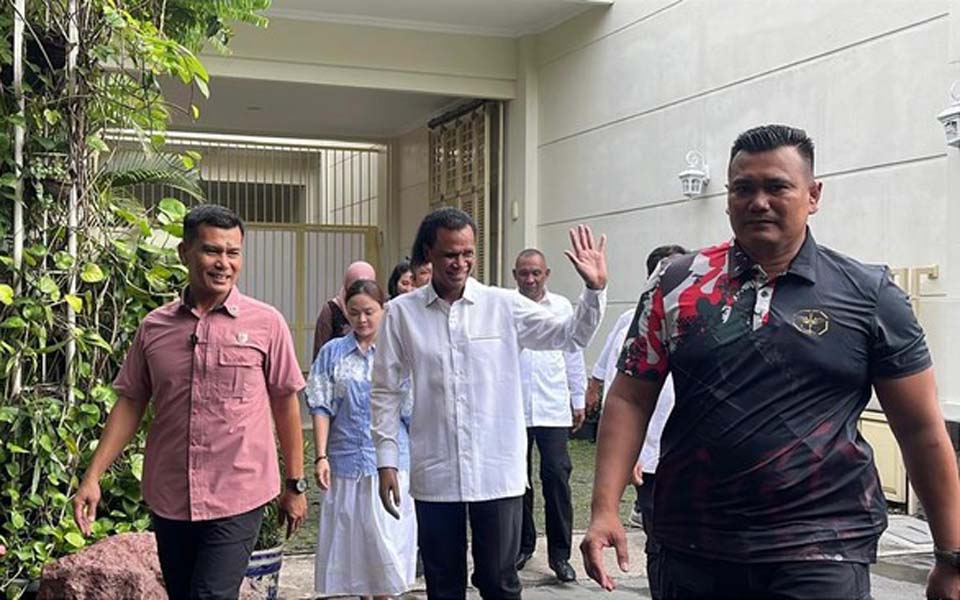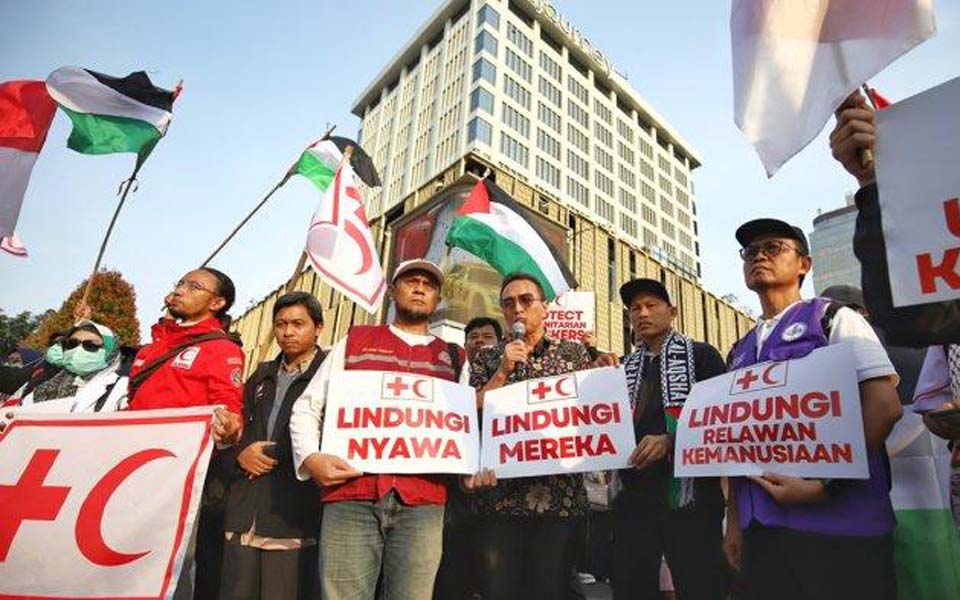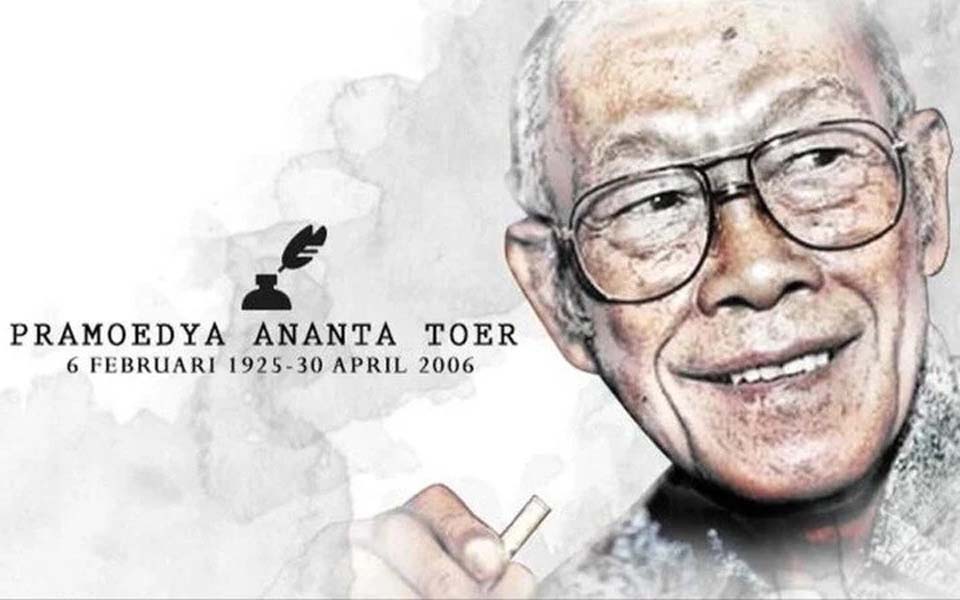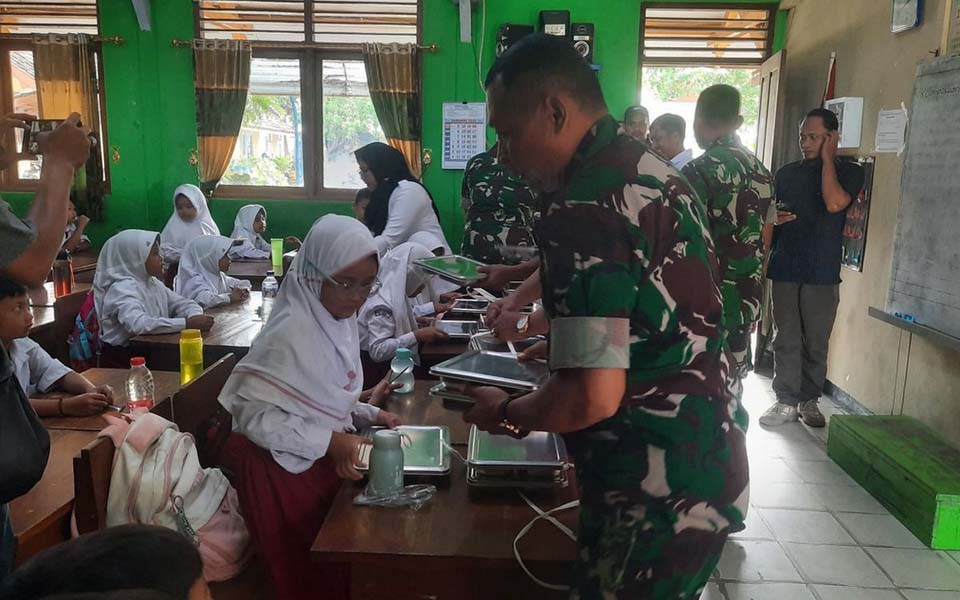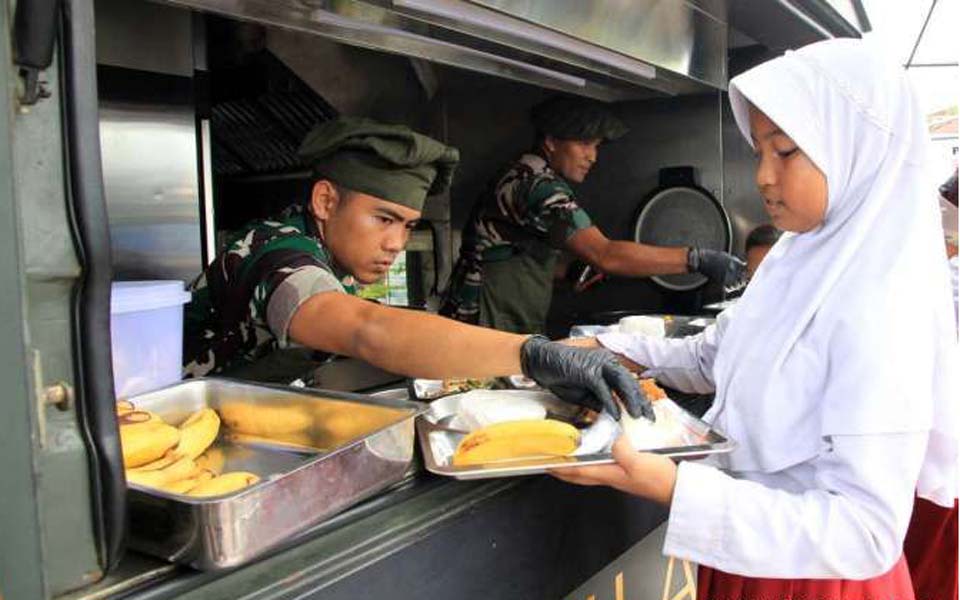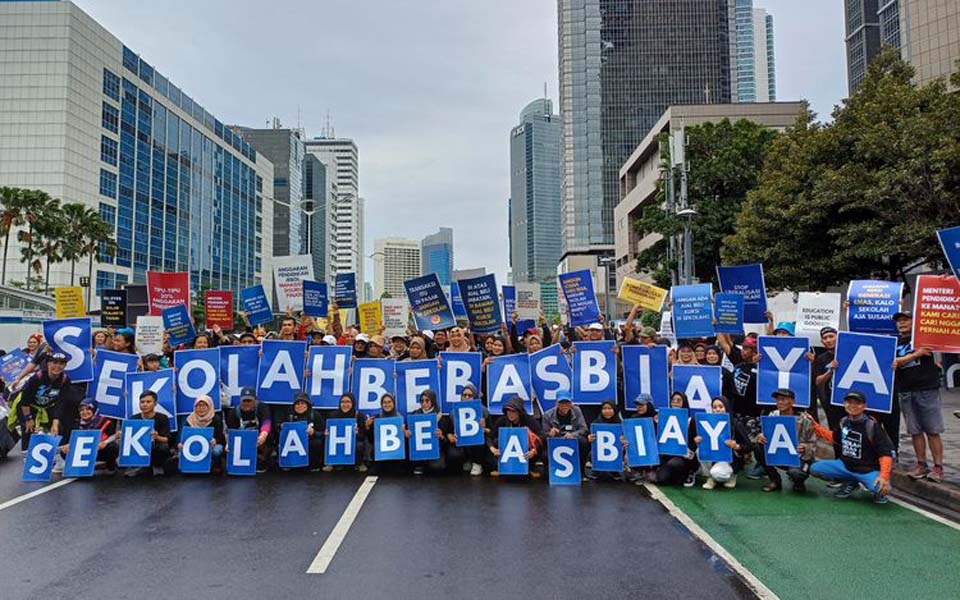Agung Sandy Lesmana – The Civil Society Coalition, which is made up of the Center for Indonesia's Strategic Development Initiatives (CISDI), the Child Protection and Wellbeing Study and Advocacy Centre (PUSKAPA), the volunteer group Lapor COVID-19 and Transparency International, Indonesia are calling on the government to abandon the paid vaccination booster plan.
They believe that the current vaccine supply and delivery capacity is already limited and the paid booster plan risks worsening vaccine inequality and will divert supplies from ensuring an even spread of second doses or primary vaccinations.
"We are asking the government not to initiate the paid booster program because it will increase the vaccine access inequality gap", wrote the Coalition in a press release on Monday December 20.
The Coalition is urging the government to first ensure vaccination for everyone, especially people who are most vulnerable by mobilising primary healthcare services.
The group said that community healthcare centres (Puskesmas) are capable of strengthening healthcare capacity at the community level, including reaching out to vulnerable groups who are still finding it difficult to get vaccinated.
The government is also being asked to accelerate achieving the 70-80 percent vaccination target and accelerate reaching out to vulnerable groups before starting to administer vaccine boosters.
"The Coalition is asking the government not to confuse people with the paid booster narrative and continue holding on to the principles of justice and prioritising vulnerable people", they said.
In addition to this, the public is still facing difficulties accessing information about vaccine stocks, expiry dates and the types of vaccines available in their areas.
"The Coalition is urging national vaccination policy transparency which is based on data and procurement process, vaccine distribution to provinces, regencies and cities, and channeling vaccines to individuals or recipient groups", added the Coalition.
The government has already administered 149,617,605 first doses (71.84 percent) and 105,558,259 second doses (50.68 percent) to the public across Indonesia.
Aged groups that have received the first dose however only stand at 12,745,677 people or 59.14 percent, and only 8,292,187 people or 38.47 percent have received a second dose, out of a target of 21,553,118 people who must be vaccinated.
[Translated by James Balowski. The original title of the article was "Bikin Rakyat Bingung dan Perlebar Ketimpangan, Koalisi Sipil Tolak Vaksin Booster Berbayar".]






